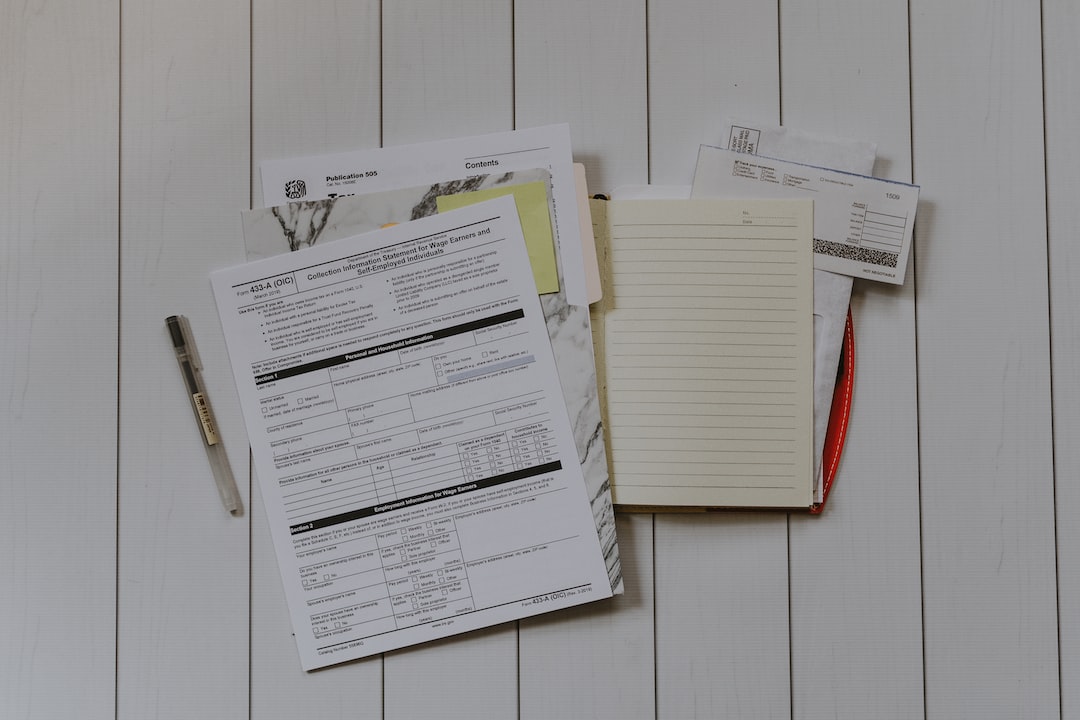Creating a budget is a great way to manage your finances and prevent overspending. However, sticking to a budget can be challenging when unexpected expenses arise or when tempted by impulse purchases. Follow these steps to create a budget and stick to it.
1. Determine your income
The first step to creating a budget is to understand your monthly income. This includes any regular paychecks from your job, investment income, or side hustles. Having a clear understanding of your income will help you set realistic goals for your expenses.
2. List all your expenses
Make a list of all your regular expenses, such as rent or mortgage payments, utility bills, car payments, and groceries. Don’t forget to include any payments for subscriptions or memberships. Once you have a clear understanding of all your recurring expenses, you can move on to the next step.
3. Prioritize your expenses
Prioritizing expenses is essential when creating a budget. After you have listed down all your expenses, give priority to the most important expenses such as rent or mortgage payment and bills. Once you determine which expenses are essential, you can allocate remaining funds to other expenses like entertainment and shopping.
4. Create a savings plan
Create a savings goal and plan to contribute to it every month. Having a savings plan will help you resist impulse purchases and prioritize your expenses. Even a small amount of saving each month can add up over time.
5. Plan for emergencies
Creating an emergency fund is vital to avoid overspending in case of unexpected expenses. Keep a small amount saved in an account that is easily accessible in case of an emergency.
6. Track your spending
Tracking your spending is one of the most important steps to sticking to a budget. By tracking your spending, you can see where your money is going and adjust your budget accordingly. Keep a record of your expenses in a notebook or use a budgeting app like Mint or YNAB.
7. Be accountable
Find a system that holds you accountable for your spending habits. Inform your spouse, friends, or family about your budgeting goals and detail your savings plans to them. Telling others about your plan will hold you accountable for your actions.
8. Review regularly
Review your budget each month and adjust as necessary. Life circumstances can change, and expenses can fluctuate. Regular monitoring of your budget will allow you to adjust your spending plan accordingly.
Conclusion:
Creating a budget is an excellent way to control your finances and avoid overspending. However, sticking to a budget requires discipline and planning. Prioritizing your expenses, creating a savings plan, planning for emergencies, tracking your spending, and reviewing your budget regularly will help you stick to your budget and achieve your financial goals.
